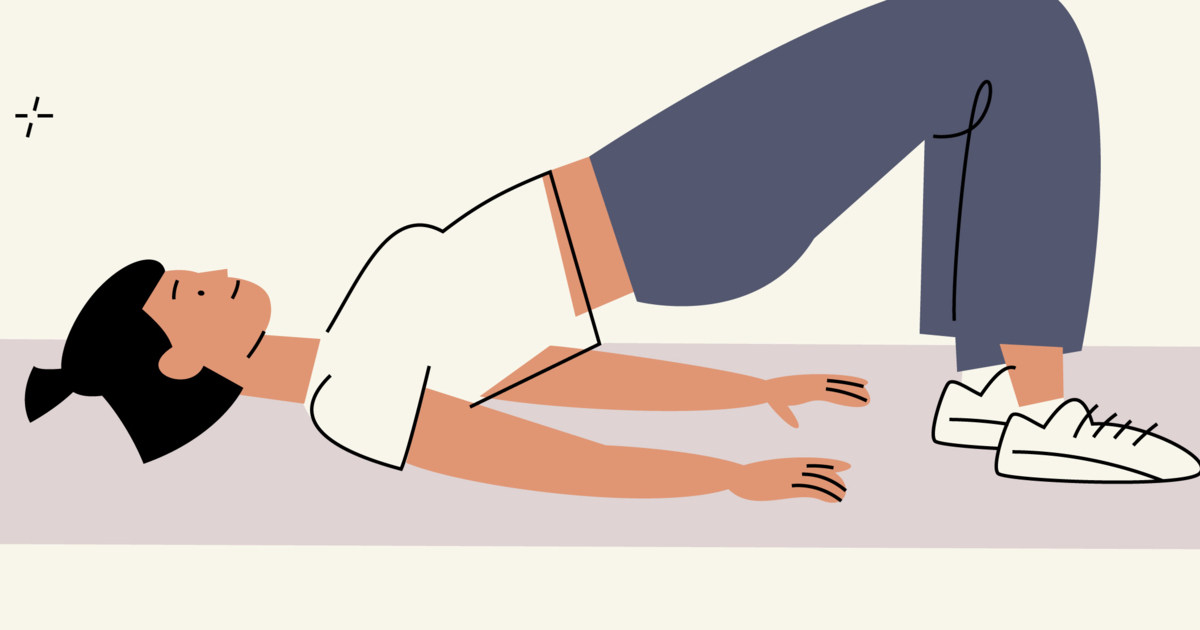
If you experience pain during intercourse and have trouble controlling your bladder function and bowel movement, you may have pelvic floor dysfunction. Although this condition is more prevalent in women, men are also at risk of developing it. Fortunately, the health experts at MyDoc Women’s Health Specialists offer pelvic floor therapy Boca Raton to alleviate your symptoms.
An overview of pelvic dysfunction
Pelvic floor dysfunction is a disorder that interferes with your ability to control your pelvic muscles; instead of contracting and relaxing, these muscles only tighten, causing you to lose control over your bladder and affecting your ability to have bowel movements. If you are a man, you may experience trouble getting or maintaining an erection, and if you are a woman, you may experience pain during sexual intercourse. The pelvic floor consists of several muscles located in the base of your torso. Your pelvis is home to several organs, including the uterus in women, the prostate in men, the bladder, and the rectum.
How to establish if you have pelvic floor dysfunction
Several symptoms may indicate pelvic floor dysfunction. These symptoms include urinary incontinence, constipation, pain during intercourse, incomplete bowel movement, pelvic, rectal, and back pain, muscle spasms, and feeling like you can’t empty your bladder. If you experience any of these symptoms, the MyDoc Women’s Health Specialists team can use their cutting-edge technology to determine the underlying cause of your problem. They may discuss your symptoms and review your medical history during your appointment. The female specialist may feel muscle spasms during the exam. If necessary, your provider may also perform surface electrode testing to evaluate your muscle control. The team may also suggest a defecography, a special X-ray that records your bowel movement.
The relationship between intestinal cystitis
Interstitial cystitis refers to a chronic medical disorder that results in pain in your bladder or pelvis. Pain from your bladder can radiate to your pelvic floor muscles, leading to loss of muscle strength and relaxation, a disorder known as pelvic floor dysfunction. Interstitial cystitis puts you at a higher risk of developing pelvic floor dysfunction. Medication for interstitial cystitis may lead to constipation, which worsens your pelvic floor dysfunction symptoms. If your prescription drugs worsen your pain, consult your provider as soon as possible.
How to treat pelvic floor dysfunction
After diagnosis, your provider may educate you about the available treatment options before recommending the most effective option. Most cases of pelvic floor dysfunction are easily treatable without surgical intervention. Your treatment plan may include biofeedback which involves retraining your muscles. They use special sensors and a video to keep an eye on the contraction and relaxation of your pelvic muscles. They then work with you to enhance muscle coordination. The team may also recommend pelvic floor therapy which detects the tight muscles in your pelvic floor, pelvis, and lower back. Your provider then teaches you a few exercises to improve muscle coordination. Other treatment options include relaxation techniques and medications.
If you have difficulty controlling your bladder or completing your bowel movement, call the MyDoc Women’s Health Specialists office or book an appointment online for diagnosis and treatment.
